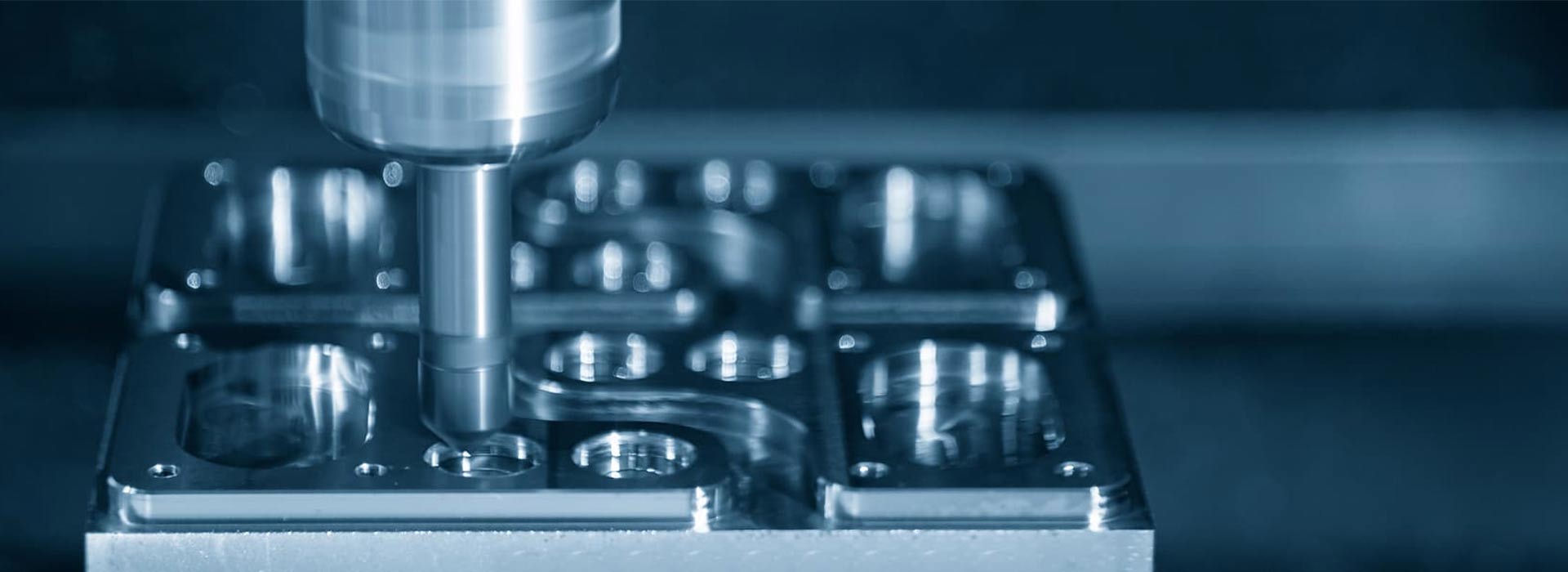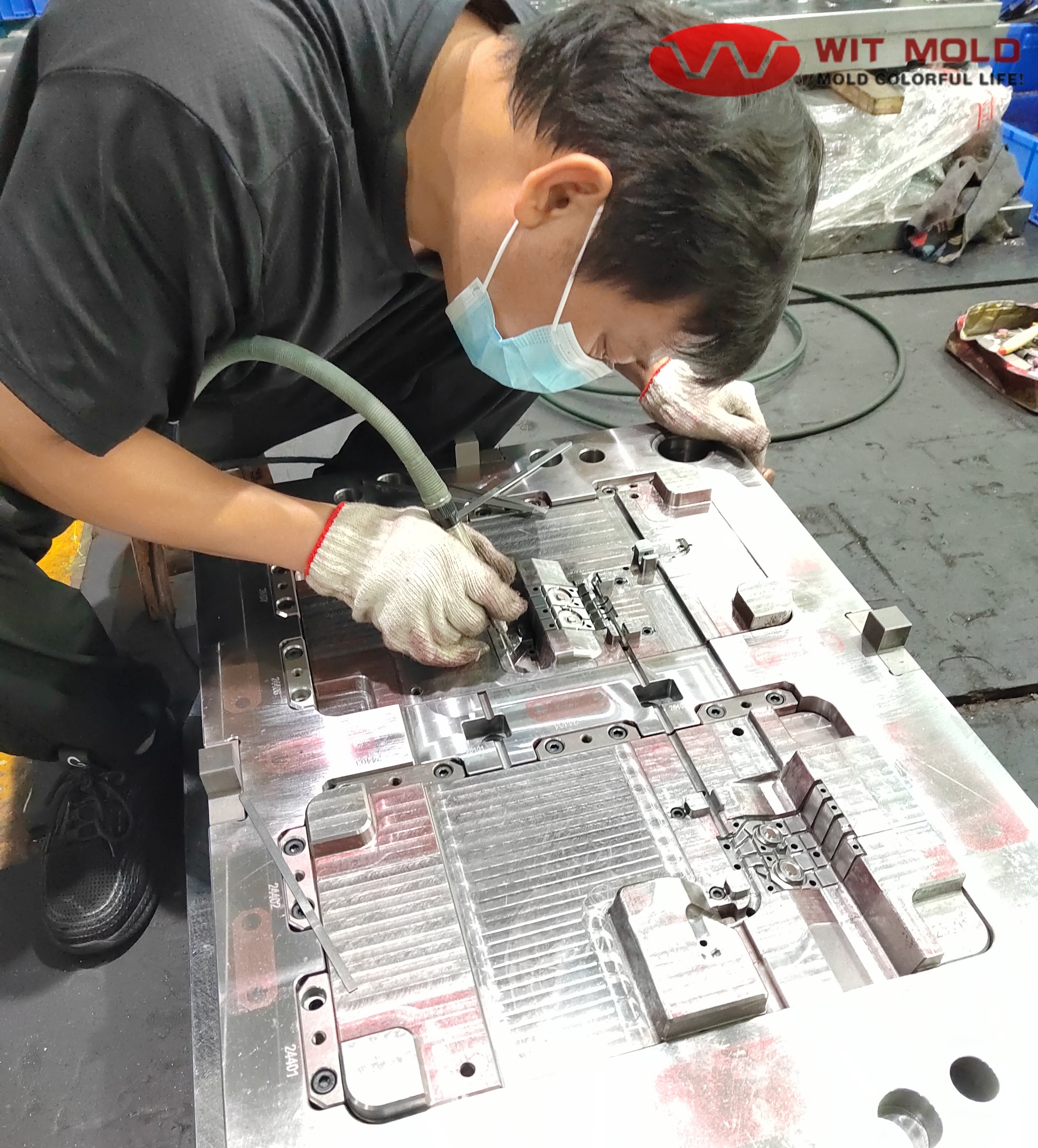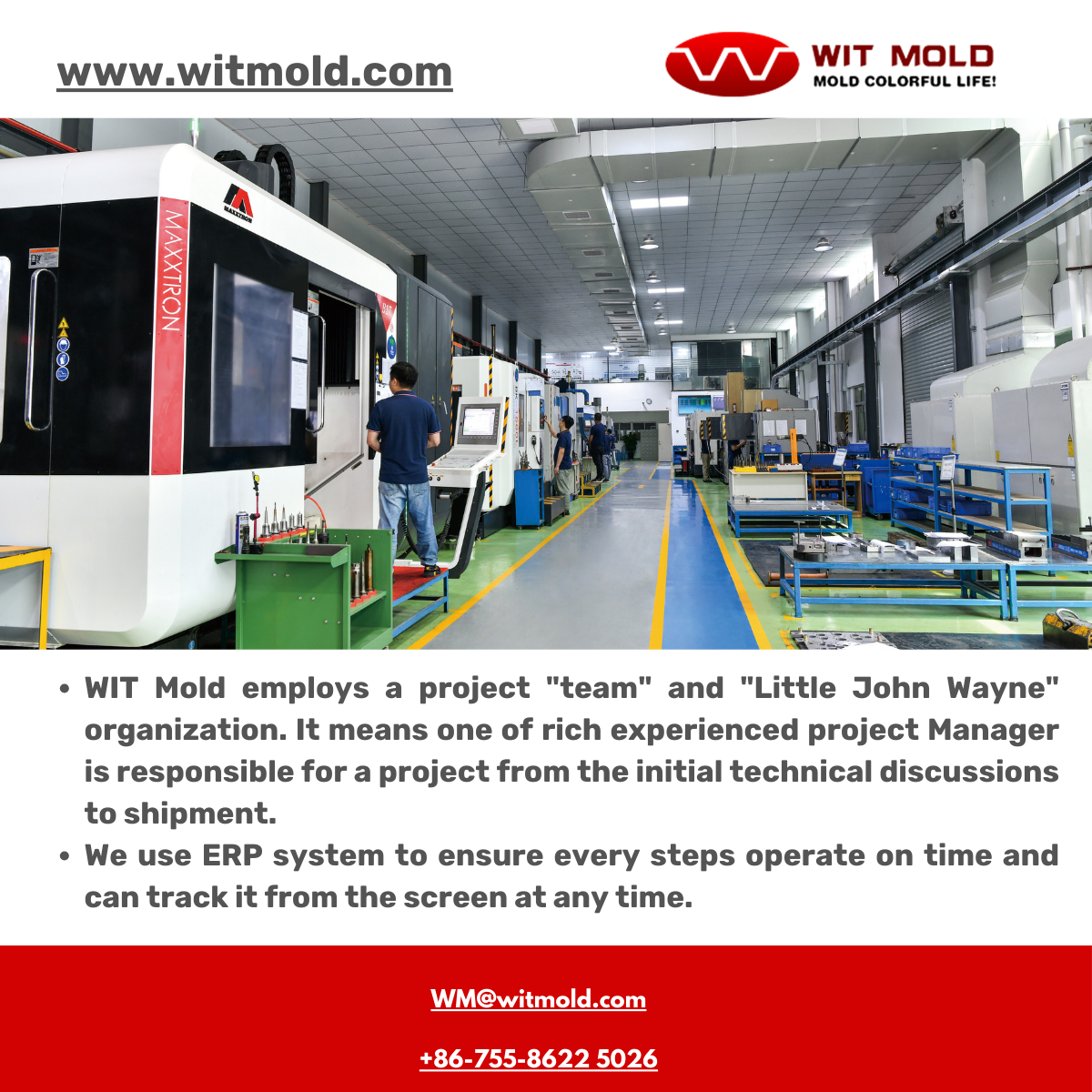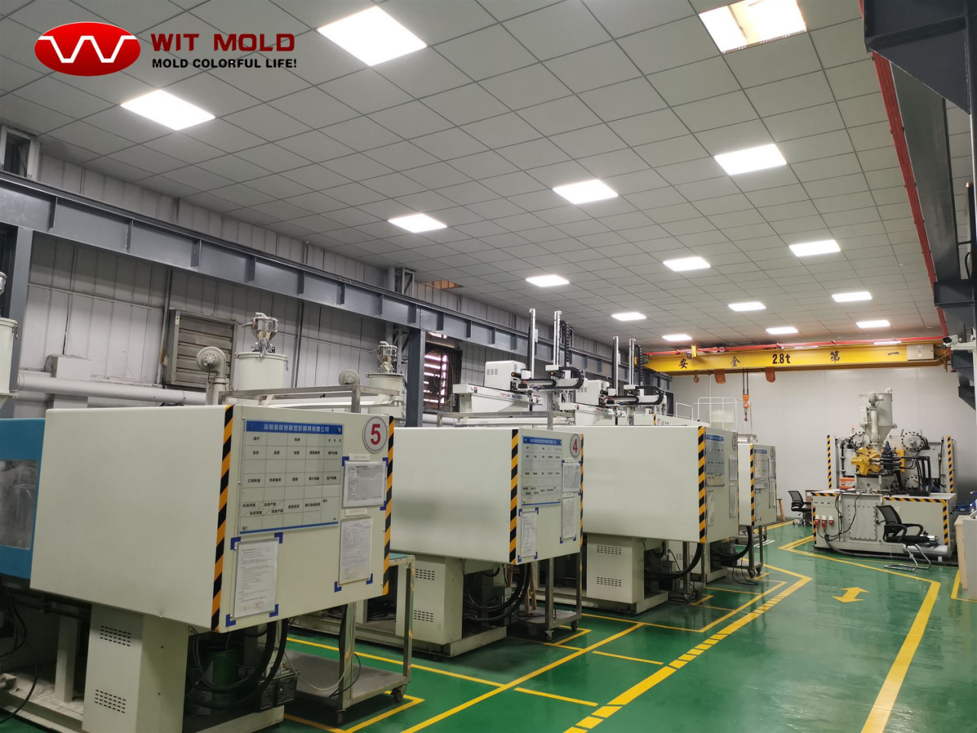Plastic injection molding materials
WIT MOLD can meet the demand for custom plastic moulding that are reasonably priced, durable and require precise specifications every time. We are your one-stop supplier of high-quality, cost-competitive domestic molded plastic products using various plastic materials.
ABS (Acrylonitrile Butadiene Styrene) Good impact resistance, cost-effective, easy to process, and has good surface finish.
ABS + PC (ABS + polycarbonate) Combines the impact resistance of ABS with the high heat resistance of polycarbonate.
Acetal (POM) High stiffness, low friction, good dimensional stability, and chemical resistance.
Acrylic (PMMA) Transparent, good optical clarity, weather-resistant, and has a high surface finish.
LCP (Liquid Crystal Polymer) Excellent strength, stiffness, and chemical resistance at high temperatures.
PA-nylon 6 (polyamide) High tensile strength, chemical resistance, and toughness.
PA-nylon 6/6 (polyamide) Improved heat resistance compared to PA-nylon 6.
PA-nylon 11 (polyamide) Good impact resistance, low moisture absorption, and high chemical resistance.
PBT (polybutylene terephthalate) Good electrical insulating properties, high strength, and dimensional stability.
PC (polycarbonate) High impact resistance, optical clarity, and high-temperature resistance.
PEI (Polyetherimide) High heat resistance, flame resistance, and good electrical properties.
PE (polyethylene) Lightweight, good chemical resistance, and cost-effective.
LDPE (low-density polyethylene) Flexible, good chemical resistance, and easy to process.
HDPE (High-Density Polyethylene) Strong, rigid, chemical resistance, and good impact strength.
PET (polyethylene terephthalate) Transparent, good gas and moisture barrier properties, and recyclable.
PP (polypropylene) Lightweight, chemical resistance, and good fatigue resistance.
PPA (Polyphthalamide) High heat resistance, chemical resistance, and good dimensional stability.
PPS (polyphenylene sulfide) Excellent chemical resistance, high-temperature resistance, and dimensional stability.
PS (polystyrene) Low cost, lightweight, and can be easily processed.
HIPS (High Impact Polystyrene) Improved impact resistance compared to standard polystyrene.
PSU (Polysulfone) High-temperature resistance, chemical resistance, and toughness.
PU (Polyurethane) Good flexibility, abrasion resistance, and impact resistance.
PVC (Polyvinyl Chloride) Cost-effective, chemical resistance, and flame retardant.
PVDF (Polyvinylidene Fluoride) Excellent chemical resistance, high-temperature stability, and UV resistance.
SAN (Styrene Acrylonitrile) Transparent, good impact resistance, and chemical resistance.
TPE (Thermoplastic Elastomer) Flexibility, elasticity, and ease of processing.
TPU (Thermoplastic Polyurethane) Excellent flexibility, abrasion resistance, and toughness.


.jpg)
.jpg)
.jpg)
.jpg)
.jpg)
.jpg)
.jpg)
-1-e1608866720765.jpg)



